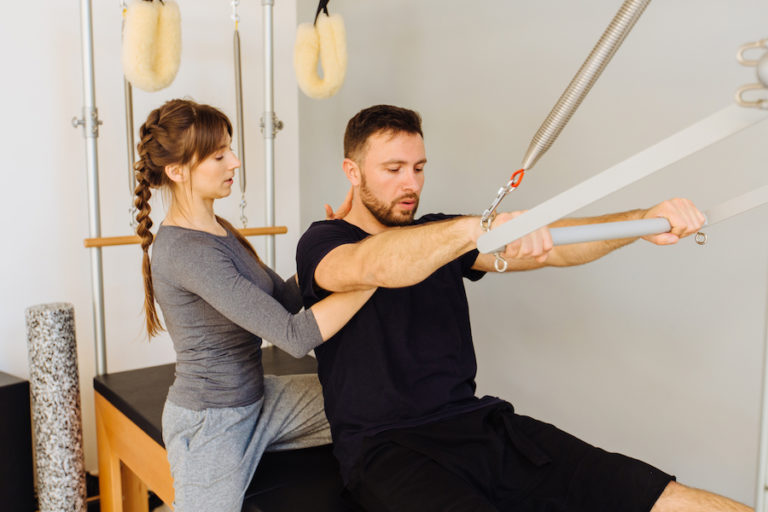Physical Therapy Practice: How to get your patients more compliant with their HOME PROGRAM
I think one of the biggest struggles we have as therapists is making sure that our patients are doing what they need (or need not) to do at home when they aren’t in our office. We all know that if they are not complaint with their home exercise program, then the chance of their therapy being successful isn’t quite as good. And then what happens? Then they go back to their doctor or tell their friends that therapy didn’t work. That is a reputation that we certainly DO NOT want. So getting our patients excited about their homework and holding them accountable to critical.
Here are three tips for assuring that your patients are compliant.
1. Be flexible with home exercise programs. Those patients that are more sedentary and less motivated should only be given a maximum of 3 exercises at a time. We all know that research typically shows that the more home exercises you give, the less likely that they will get done. Some patients will be really proactive and want to do more…let them. Give those types of patients more than you may typically, but educate them on not overdoing it. Be flexible and really understand who your patient is and what they are capable of.
2. Update their home exercise program frequently. At least weekly you should be taking out the old and putting in the new. Pelvic tilts may be important in the beginning of their treatment, but after a week this exercise should be progressed. If you aren’t updating their programs regularly, patients will get bored and not see progress….and then eventually stop their home exercise program, or even worse, stop going to therapy.
3. At every single visit, ask the patient to “show me what you’re doing at home”. It’s like a pop quiz in school. If they aren’t doing exercises at home, then they certainly won’t be able to show you. And if this happens repeatedly, discharge them. I know the thought of discharging someone over this might be scary to some practice owners, but it sets the tone with how serious and how important this is to their treatment and overall progress.
Remember, let’s all work together to really uplift and publicize how important physical and occupational therapy is for overall health and well being. We don’t only want our patients to get better under our care, we want to empower them to be independent in the future!





